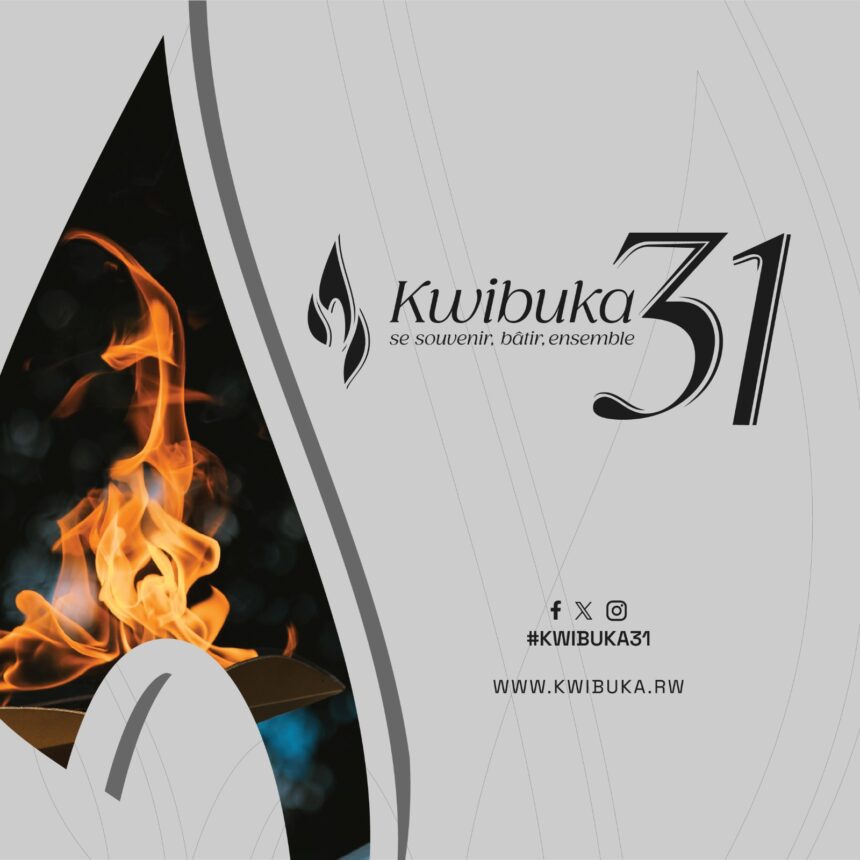
Rwanda’s healing journey: Survivors Fund’s commitment to remembrance and recovery
By Cheyanne Bryan, Smiley News
Each year, the International Day of Reflection on the 1994 Genocide against the Tutsi in Rwanda provides a poignant moment to honour the lives lost, support survivors, and reinforce the global commitment to preventing future atrocities.
For Survivors Fund (SURF), a UK-registered charity, this day is a vital opportunity to amplify the voices of those directly affected by one of the darkest chapters in human history.
As the principal international non-governmental organisation dedicated to supporting survivors of the genocide, SURF has worked tirelessly since its establishment in 1997. With its head office in Kigali, Rwanda, and its team firmly embedded within the community, SURF’s mission remains clear: to offer both practical and emotional support to survivors, helping them rebuild their lives and secure their rights.
Smiley News spoke with Samuel Munderere, Chief Executive, and David Russell, UK Coordinator of SURF, about the organisation’s critical role in supporting survivors, the challenges they face, and the ongoing efforts to ensure that the genocide’s memory is preserved for future generations.
Supporting survivors: A multi-faceted approach
When reflecting on SURF’s support for survivors, particularly during the commemorative period surrounding the Day of Reflection, Samuel Munderere explained how the organisation continues to play a crucial role in both remembrance and survivor support.
“Our approach goes beyond commemoration. We offer financial, psychological, and legal assistance, helping survivors rebuild their lives through education, livelihood programmes, and trauma counselling,” he said.
On this day, SURF’s efforts are often focused on remembrance through collaboration with local survivor-led groups such as National Association of Genocide Survivor’s Organisations (IBUKA), National Association of Genocide Widows (AVEGA Agahozo), and National Survivor’s Association of Graduate Students (GAERG).
“We organise and support events in Rwanda and internationally that ensure the genocide’s history is preserved and survivors’ voices are heard,”
But remembrance is not just a ceremonial duty for SURF. The organisation recognises that for many survivors, the International Day of Reflection can also trigger traumatic memories. As such, SURF provides psychosocial support through national helplines and trauma counselling, ensuring that those who need help can access it.
Ongoing challenges and the need for global support
Despite the progress made, survivors of the 1994 Genocide against the Tutsi continue to face significant challenges. These include limited access to healthcare, economic opportunities, secure housing, and justice.
“The most pressing issues are healthcare, particularly mental health services, and economic opportunities for survivors to lift them out of poverty,”
David added that “the global community can play a critical role by providing financial resources, training professionals, and offering legal support.”
The impact of the genocide is long-lasting, and survivors need continued support to overcome these challenges. Whether through financial donations or supporting grassroots initiatives, the international community has a key role to play in ensuring survivors can live with dignity and healing.
A call for continued remembrance
As we reflect on the lessons of the 1994 Genocide against the Tutsi, it is crucial that we continue to support efforts like those of SURF. The challenges faced by survivors are far from over, and their needs remain urgent.
For those looking to support this work, Samuel and David stress that donations are the most effective way to contribute. “Every penny donated goes directly to supporting survivors in Rwanda,” David affirmed. By supporting the work of organisations like SURF, we can all play a part in ensuring that the memory of the genocide is never forgotten and that survivors continue to receive the care and support they deserve.
In the words of Samuel Munderere, “It is our collective responsibility to remember, to support, and to work towards a future where such atrocities are never repeated.”
As we observe the International Day of Reflection, let us honour the survivors and commit ourselves to ensuring their voices are heard for generations to come.
For more information on how you can support the work of Survivors Fund (SURF), visit survivors-fund.org.uk.
For the full article, please visit here.
